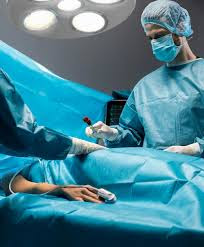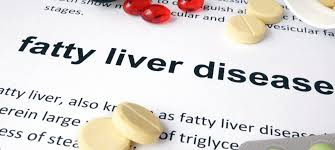10 Signs You Should Visit a Gastroenterologist

Maintaining good digestive health is key to overall well-being. The digestive system not only processes food for energy but also plays a significant role in your immune health. However, many of us tend to ignore persistent digestive issues, thinking they will resolve on their own. Knowing when to consult a gastroenterologist—a specialist in digestive health —can make all the difference in early diagnosis and effective treatment. Here are 10 signs that you should visit a gastroenterologist and why seeking professional advice is crucial. 1. Persistent Heartburn or Acid Reflux Occasional heartburn after a heavy meal is common, but if you experience frequent or severe heartburn, it could indicate gastroesophageal reflux disease (GERD). Left untreated, GERD can lead to complications like esophageal damage or strictures. A gastroenterologist can perform tests to determine the severity of your condition and recommend lifestyle changes, medications, or procedures to manage it. 2. Unexpl...





